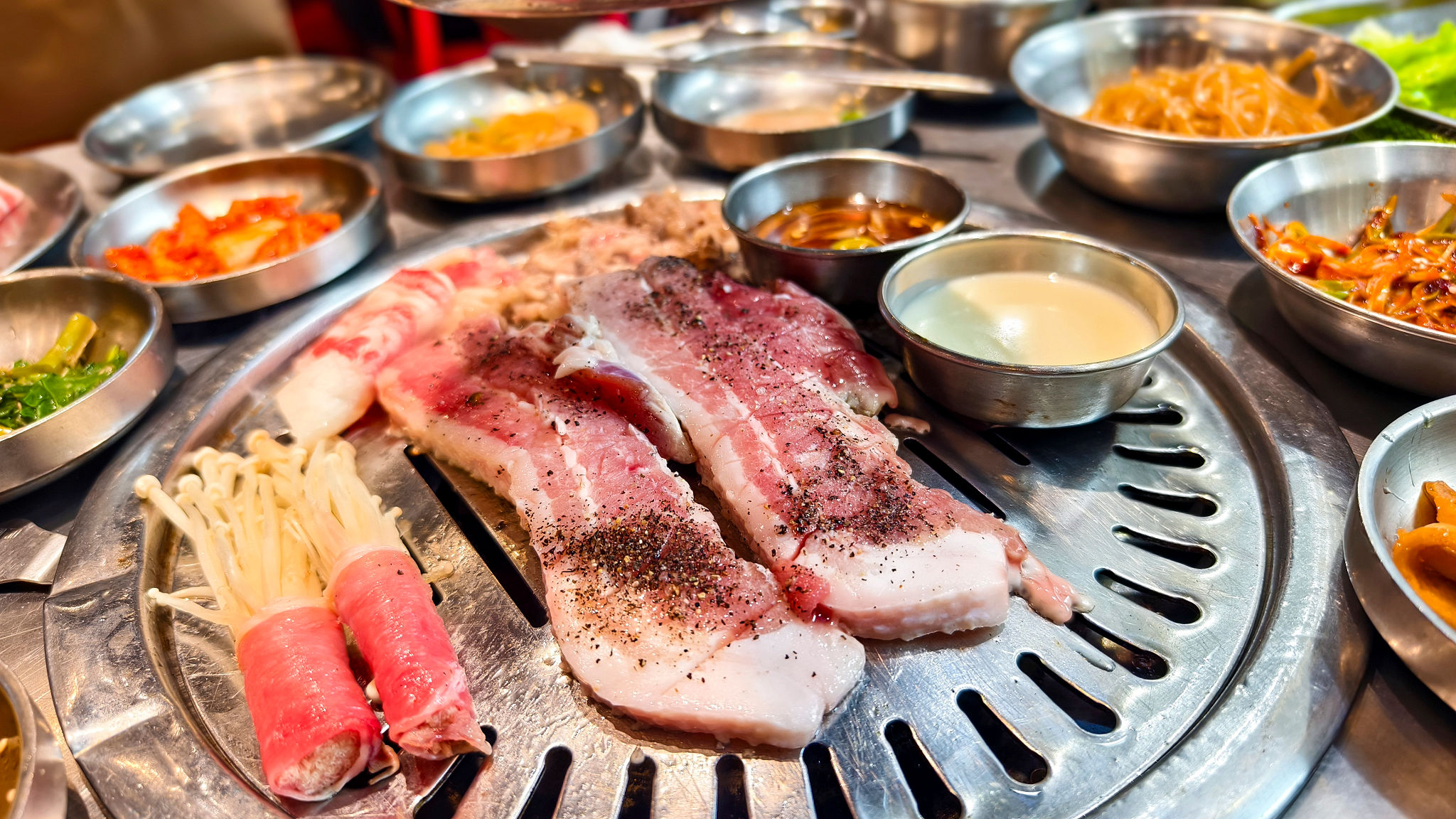The Evolution of Korean BBQ: From Tradition to Modern Flavors
Korean BBQ, or "gogi-gui," has long been a beloved culinary tradition, capturing the hearts of food enthusiasts worldwide. Originating from Korea's deep-rooted history, this dining experience is more than just a meal; it's a social event that brings people together. Over time, Korean BBQ has evolved, blending traditional practices with modern flavors and techniques to create a unique and dynamic culinary journey.
The Origins of Korean BBQ
The history of Korean BBQ dates back centuries, with its roots in the nomadic traditions of ancient Korea. Initially, it was a simple way for people to cook meat over an open flame, utilizing minimal ingredients. This method allowed for the natural flavors of the meat to shine through. Traditionally, Korean BBQ was reserved for special occasions and celebrations, symbolizing abundance and prosperity.
As time progressed, regional variations began to emerge, each offering its own twist on the classic preparation. The use of marinades and spices became more prevalent, allowing for a richer and more diverse flavor profile. These early adaptations set the stage for the intricate dishes we enjoy today.

Key Ingredients and Techniques
At the heart of Korean BBQ lies a few fundamental ingredients that are essential to its authentic taste. Soy sauce, garlic, sesame oil, and sugar form the base of many marinades, infusing meats with a savory-sweet flavor that is both distinctive and irresistible. The choice of meat is also critical, with beef, pork, and chicken being the most popular options.
Grilling techniques have also evolved over time. While traditional methods involved cooking over open flames or charcoal, modern adaptations often incorporate gas grills or electric tabletop grills. This shift has made it easier for people to enjoy Korean BBQ in various settings, from upscale restaurants to casual home gatherings.

The Modern Influence on Korean BBQ
In recent years, Korean BBQ has experienced a surge in global popularity, leading to creative reinterpretations and fusion dishes. Chefs worldwide are experimenting with new flavors and presentation styles, incorporating ingredients from other cuisines to create innovative dishes. This fusion of cultures has given rise to exciting variations such as kimchi tacos and Korean BBQ burgers.
Moreover, technology has played a significant role in the modern evolution of Korean BBQ. Many establishments now offer interactive dining experiences where customers can customize their meals using digital menus and order directly from their tables. This integration of technology enhances convenience and personalization, attracting a broader audience.

The Role of Side Dishes
No Korean BBQ experience is complete without an array of side dishes known as "banchan." These small plates typically include fermented vegetables like kimchi, pickled radishes, and seasoned bean sprouts. Banchan not only complements the main dishes but also adds a balance of flavors and textures to the meal.
The variety and abundance of banchan have evolved over time as well. In modern settings, you might encounter unique creations like avocado salad or truffle-infused kimchi, showcasing the blend of traditional and contemporary influences.
The Social Aspect of Korean BBQ
Beyond its culinary appeal, Korean BBQ is celebrated for its communal dining style. It encourages interaction and connection as diners gather around the grill to cook and share their food. This social element is a fundamental aspect of Korean culture, promoting camaraderie and hospitality.
In today's fast-paced world, this communal aspect remains a cherished practice that brings people together. Whether it's a family celebration or a casual get-together with friends, Korean BBQ offers an opportunity to slow down and savor both the food and the company.

The Global Impact
The global rise of Korean BBQ is a testament to its universal appeal. As it continues to gain recognition worldwide, it also plays a role in promoting Korea's rich cultural heritage. Food enthusiasts are increasingly drawn to this vibrant cuisine, eager to explore its flavors and traditions.
As Korean BBQ evolves, it remains rooted in its historical origins while embracing modern influences. This dynamic interplay ensures that it continues to captivate and inspire future generations of food lovers around the globe.